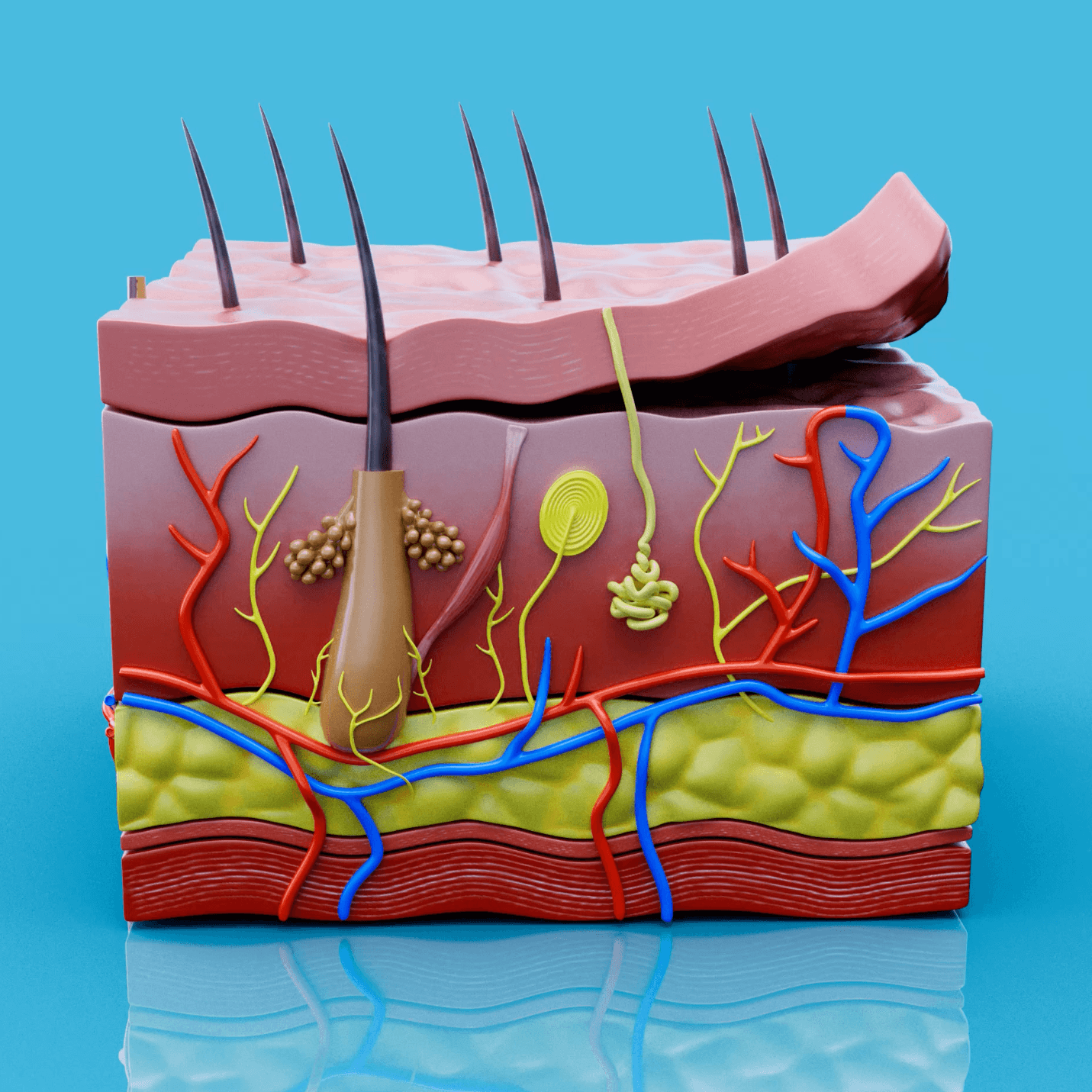Endocannabinoids || What are they?

Endocannabinoids || What are they?
Our body continuously produces a protein called endocannabinoids. But what exactly are endocannabinoids, and do they have anything to do with cannabis? We will go through this in this post.
What are Endocannabinoids?
Endocannabinoids are natural chemical compounds produced by our body. These molecules play a crucial role in maintaining homeostasis, which is the body’s ability to maintain a stable internal environment despite external changes.
Endocannabinoids bind to cannabinoid receptors in the body’s endocannabinoid system (ECS), helping to regulate various physiological processes such as pain, mood, appetite, and immune function.
Origin and Discovery
Endocannabinoids were discovered in the 1990s by researchers studying how cannabis affects the body. They found that the body has specific receptors (CB1 and CB2) to which cannabinoids from the cannabis plant bind. This led to the discovery that the body itself produces similar compounds, which were named endocannabinoids (endo- meaning "inside" or "internal").
Functions in the Body
Endocannabinoids play a versatile role in the body and affect several systems:
1. Pain Relief: Endocannabinoids bind to receptors in the brain and spinal cord to reduce the perception of pain.
2. Mood Regulation: They affect neurotransmitters like serotonin and dopamine, contributing to the regulation of mood and emotional well-being.
3. Appetite: Endocannabinoids can influence hunger sensations and digestive processes.
4. Immune Function: They play a role in the immune system by affecting inflammatory processes.
5. Sleep: By interacting with brain neurotransmitters, endocannabinoids help regulate sleep cycles.
Common Endocannabinoids
Two of the most well-known endocannabinoids are anandamide (AEA) and 2-arachidonoylglycerol (2-AG). Anandamide, also called "the bliss molecule," primarily binds to CB1 receptors and is known to promote a sense of well-being. 2-AG binds to both CB1 and CB2 receptors and plays an important role in regulating inflammation and immune responses.
Deficiency of Endocannabinoids in the Western World
It has been suggested that many people in the Western world suffer from a condition called "clinical endocannabinoid deficiency" (CECD). This condition may be an underlying factor for various health problems, including migraines, fibromyalgia, irritable bowel syndrome, and certain mental disorders.
Causes of Deficiency
1. Dietary Habits: A diet low in essential fatty acids can affect the body's ability to produce endocannabinoids. Omega-3 and omega-6 fatty acids are important building blocks for endocannabinoid production.
2. Chronic Stress: Prolonged stress can affect the balance of the ECS, reducing the production of endocannabinoids.
3. Medications and Environmental Toxins: Certain medications and exposure to environmental toxins can disrupt ECS function.
4. Genetics: Some individuals may have a genetic predisposition to produce lower levels of endocannabinoids.
Treatment Strategies
To improve ECS function and counteract endocannabinoid deficiency, one may consider the following:
- Dietary Changes: Increase the intake of omega-3 and omega-6 fatty acids through fish, nuts, seeds, and vegetable oils.
- Exercise: Regular physical activity can stimulate the production of endocannabinoids.
- Stress Management: Techniques such as meditation, yoga, and mindfulness can help reduce stress and improve ECS balance.
- Supplements: In some cases, supplements like CBD (cannabidiol) may be helpful. CBD is a non-psychoactive cannabinoid that interacts with the ECS and can help restore balance.
Endocannabinoids are crucial for maintaining the body's homeostasis and affect a range of physiological processes. A deficiency of these compounds can lead to various health problems, especially in the Western world where diet, stress, and environmental factors can contribute to ECS imbalance.
By making lifestyle changes and considering supplements, one can improve endocannabinoid levels and promote better health and well-being.




Comments